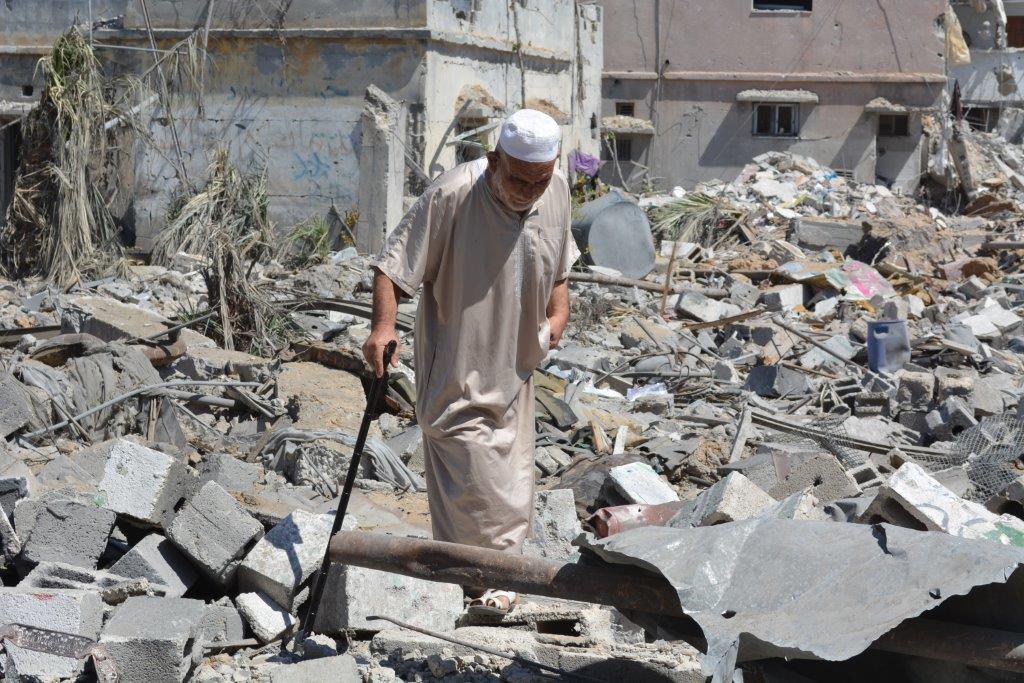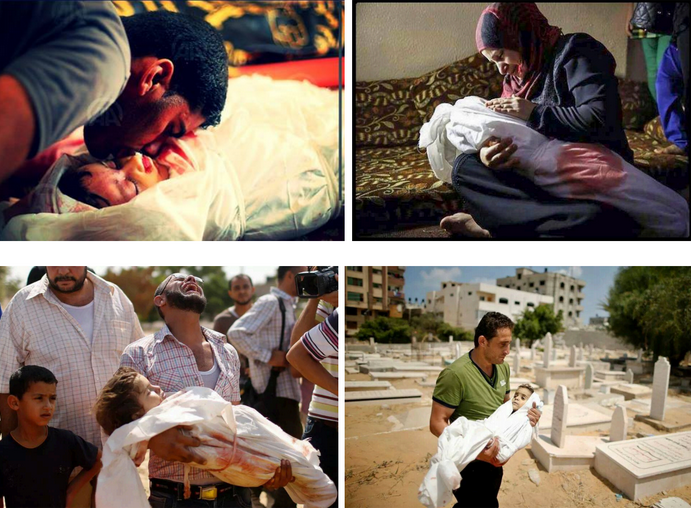Tag: Gaza
-
Consequences of destruction
17th August 2014 | Charlie Andreasson | Gaza, Occupied Palestine The military assaults on the Palestinians have been going on for over a month, and even if the war should end while I’m writing, the exhausting consequences of it will continue for some time. Concern for your own life, for your family members and friends, and…
-
The world heeds the call of Palestinians in Gaza for pressure on Israel
August 9th 2014 | International Solidarity Movement | Occupied Palestine Update: Please help us spread the word in Arabic, Italian, French, Hebrew and Spanish via your networks. ******* Hundreds of thousands of people worldwide have taken to the streets in response to a call from Palestinian civil society in the occupied and besieged Gaza strip, and the BDS National Committee…
-
More stories from Gaza
9th August 2014 | Sarah Algherbawi | Gaza, Occupied Palestine Sarah Algherbawi is a Palestinian citizen who was born in Saudi Arabia in 1991 and now lives in the Gaza Strip. She finished her BSc degree in Business Administration at the Islamic University of Gaza, and now works as a media project coordinator. It is extremely difficult to find a…



